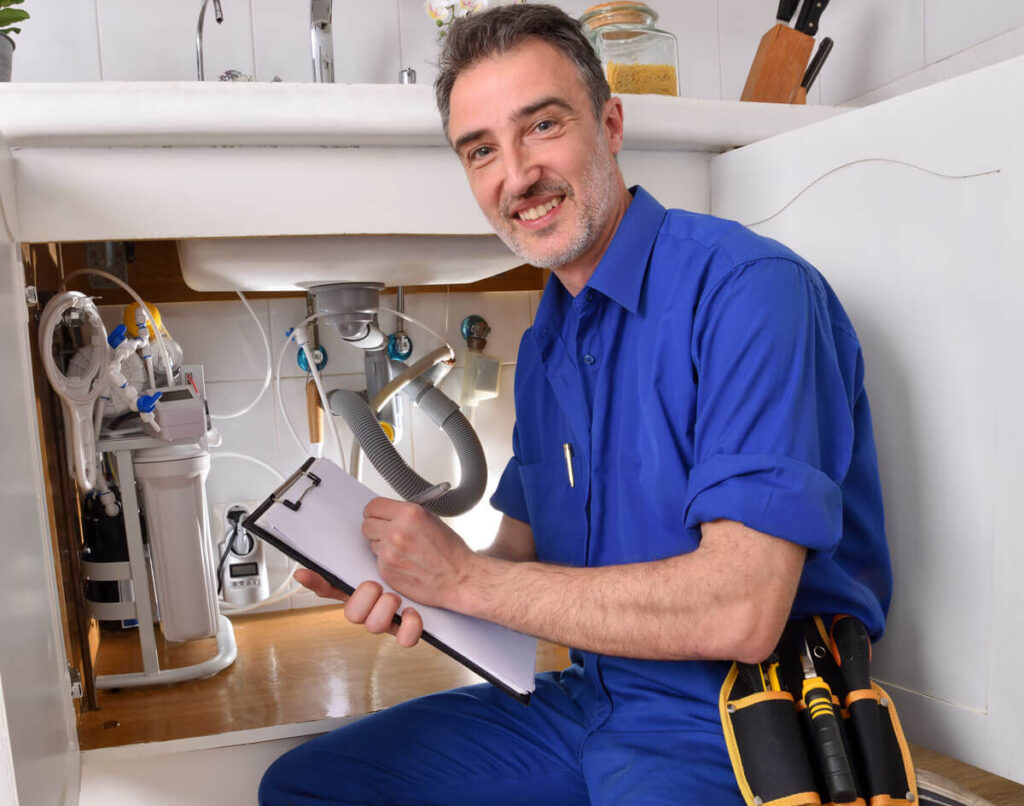Preventative maintenance in commercial plumbing systems is crucial for ensuring the long-term functionality, efficiency, and safety of plumbing infrastructure within businesses. Unlike reactive maintenance, which addresses issues after they arise, preventative maintenance focuses on identifying potential problems before they escalate into costly repairs or hazardous situations. In commercial settings, where plumbing systems are often complex and heavily utilized, a proactive maintenance approach can significantly reduce the likelihood of unexpected breakdowns, minimize downtime, and extend the lifespan of the plumbing systems. One of the key benefits of preventative maintenance is cost savings. Regular inspections and maintenance tasks can identify minor leaks, corrosion, or blockages that, if left unattended, could lead to major plumbing failures. By addressing these issues early, businesses can avoid the high costs associated with emergency repairs and water damage restoration. Furthermore, a well-maintained plumbing system can enhance water efficiency, leading to reduced utility bills and compliance with environmental regulations.

This is particularly important in an era where sustainability and corporate responsibility are paramount for businesses looking to maintain a positive public image. In addition to cost savings, preventative maintenance contributes to the safety and health of a commercial environment. Plumbing systems are responsible for transporting clean water and disposing of waste. If these systems are not regularly maintained, there is a risk of backflow, sewage leaks, or other sanitation issues that can pose health hazards to employees and customers alike. Regular inspections with plumber fort collins can ensure that backflow prevention devices are functioning correctly and that wastewater systems are free from blockages that could lead to contamination. This not only protects the health of individuals within the commercial space but also safeguards the reputation of the business. Another critical aspect of preventative maintenance is compliance with local and federal plumbing codes. Many commercial establishments are subject to strict regulations that govern the installation, maintenance, and operation of plumbing systems.
Failure to comply with these regulations can result in hefty fines, legal issues, and even the closure of the business until violations are rectified. Regular maintenance checks can help ensure that plumbing systems meet the necessary standards, reducing the risk of non-compliance and enhancing the overall reliability of the infrastructure. Implementing a preventative maintenance plan for commercial plumbing systems involves several key steps. First, businesses should conduct a thorough assessment of their plumbing infrastructure to identify potential vulnerabilities. This may include inspecting pipes for leaks, checking water pressure, evaluating the condition of fixtures, and ensuring that drainage systems are clear. Following this assessment, businesses can develop a maintenance schedule that includes routine inspections, cleaning, and necessary repairs. It is essential to keep detailed records of all maintenance activities, as this documentation can be valuable for future planning and compliance purposes. In conclusion, the importance of preventative maintenance in commercial plumbing systems cannot be overstated.